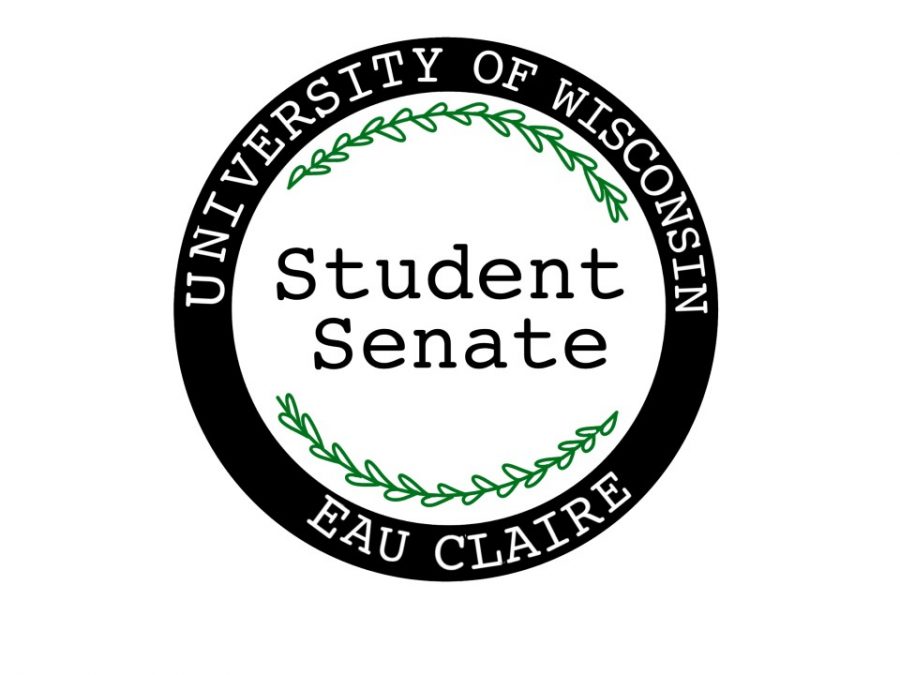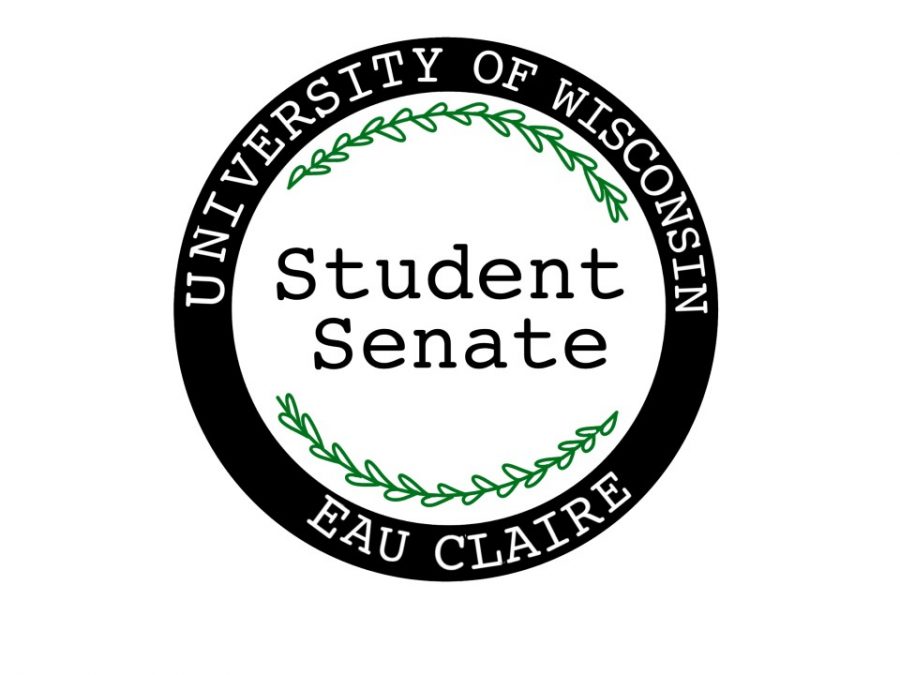Student Senate passed a resolution on Monday recommending changes to the Board of Regents’ policy on differential tuition initiatives.
The resolution was similar to one that was recently passed by UW-La Crosse and to ones being worked on by other UW System schools. They have all come in response to UW-Eau Claire’s recent differential tuition increase and the lack of guidelines that were required throughout the process.
Student Body President Michael Umhoefer agreed that some type of guideline needed to be set up for these situations.
“The current differential tuition policy is so vague that we spent a considerable amount of time discussing the merits of financial aid, how it should be implemented, and a lot of other factors that weren’t really the content of the Blugold Commitment,” Umhoefer said. “I feel that specifically identifying what needs to be done on campuses would allow future proposals to focus on the content instead of the procedure.”
One major suggestion from Senate to the Regents was a requirement for a financial aid component for large differential tuition proposals. The other major suggestion made was the requirement of student approval for any differential tuition increase before it can be forwarded to the Board of Regents.
The resolution is just a suggestion to the Board of Regents and is non-binding. Senators said they hoped that with the support of other schools’ similar resolutions, the Regents would consider making the guidelines official.
Ten different members of Senate authored the bill, some of who disagreed on their stances regarding the Blugold Commitment.
Sen. Collin Hawkins said that because many different points of view were expressed during the authoring of the bill, a compromised version was reached, which everyone could support.
Sen. Dylan Jambrek agreed and said that although he wasn’t happy with every part of the resolution, he still supported the resolution as a whole.
Umhoefer said the suggestions won’t go straight to the Board of Regents.
“My hopes are to send it to other campuses to see if they support the wording,” Umhoefer said. “Each campus are going to send the Regents their own interpretation, but we hope they can take some of the advice that we are providing.”







